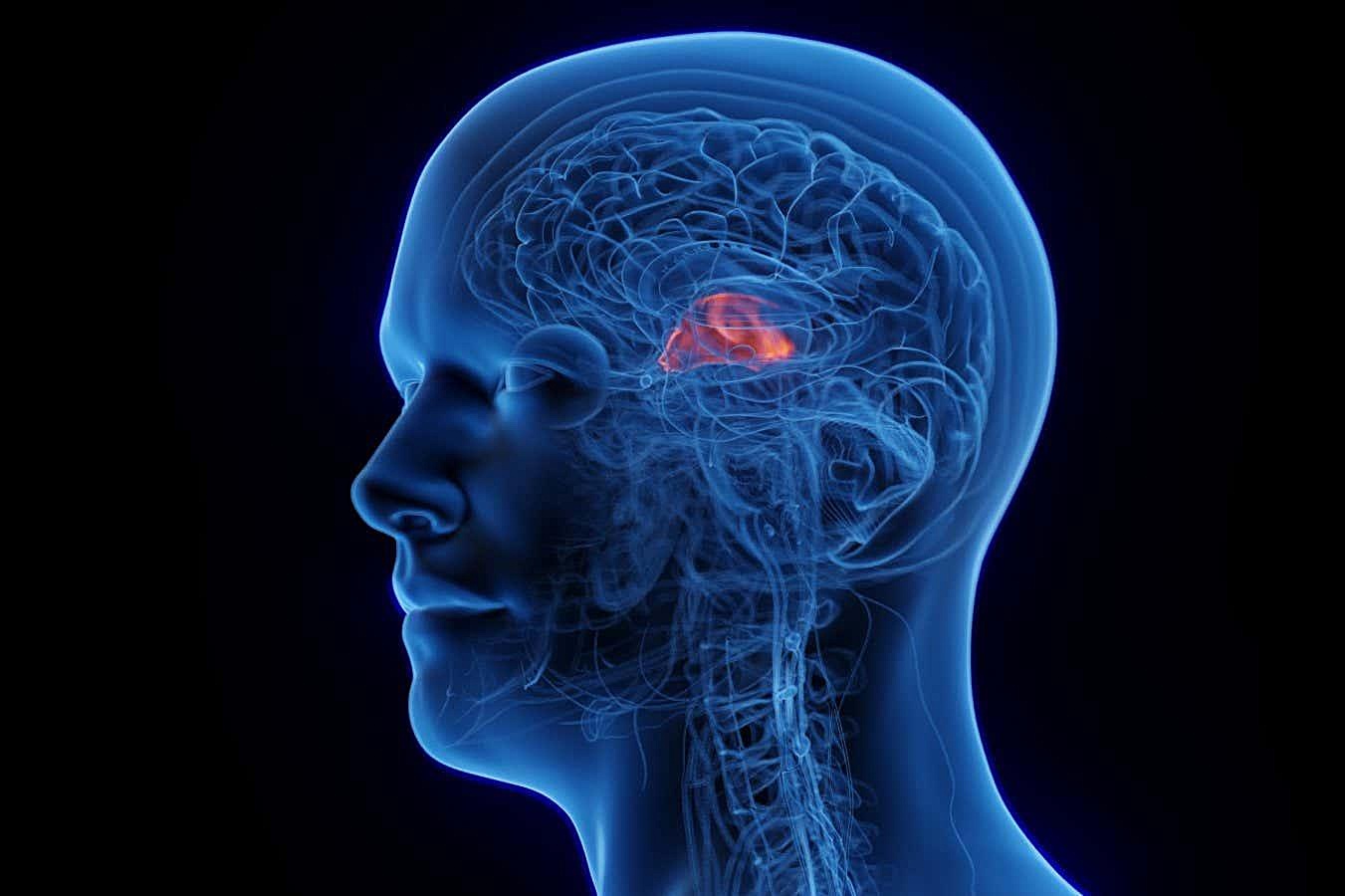Sugar acts as the primary source of energy for every cell in our bodies, and a significant portion of the food we consume is broken down into various sugars.
Among all the organs in our body, the brain is the most energy-demanding, utilizing approximately half of the sugar energy available.
According to Ms. Russo, a renowned expert, humans are naturally inclined towards sweet foods due to our biological survival instinct. In nature, sweet-tasting foods are typically healthy, while bitter tastes are associated with toxic substances, and sour tastes indicate spoiled or rotten foods with a lack of sweetness.
Therefore, when we taste something sweet, our brains interpret it as a positive and safe food source.
In addition to helping us identify safe food sources, sweetness also plays a crucial role in human survival and growth.
During an interview, Julie A. Mennella, a scientist at the Monell Chemical Senses Center in Philadelphia, explained that newborn babies are born with the ability to detect and prefer sweet tastes. This preference for sweetness is associated with breast milk’s quality, which naturally attracts infants to suckle.
Ms. Mennella further explained that our brains play a significant role in taste perception. Sweetness triggers signals that activate various regions in the brain associated with rewards, pleasure, memory, and overall well-being.
Renowned scientist Kenneth Blum, who holds a doctorate in neuropharmacology, emphasizes the importance of dopamine in the brain. Dopamine, a neurotransmitter, has specific actions and is crucial for our well-being.
Furthermore, Mr. Blum highlights dopamine’s role in countering stress by blocking stress hormones like adrenaline, thus acting as a stress-reliever.
However, Mr. Blum cautions that maintaining a balance is crucial for dopamine’s optimal functioning. Excessive consumption of sugar can have similar consequences to drug abuse, as excessive sugar triggers acute dopamine release.
James DiNicolantonio, a cardiovascular research scientist and doctor of pharmacy, explains that refined sugar consumption leads to an intense release of dopamine in the brain, similar to the effects of alcohol or drug abuse. Over time, this can result in a chronic decrease in dopamine levels, leading individuals to seek larger quantities of sugar to achieve the same level of pleasure – ultimately resulting in addictive behavior.

A study conducted by Anna Beroun, the lead author and head of the Laboratory of Neuronal Plasticity at the Nencki Institute of Experimental Biology, further emphasizes the similarities in how our brain processes addictive and nonadditive rewards.
According to Mr. Blum, stimulating the brain’s glucose receptors with sugar triggers signaling pathways that produce addictive substances. Consuming excessive sugar can negatively impact the brain’s reward circuitry, similar to the effects of heroin use.
Notably, the addictive properties of sugar extend beyond its similarity to drugs. Prolonged overconsumption of sugar can lead to dependency, causing withdrawal-like symptoms such as sadness, confusion, sluggishness, and difficulty concentrating when dopamine and endogenous opioids levels are deficient.
Various human experiments have demonstrated a clear link between sugar and addiction.
On the other hand, it is essential to acknowledge that not all sugars are harmful. Some sugars and sweet substances are natural and even beneficial to the body. Understanding the different types of sugars is a crucial step in minimizing sugar consumption.
Discover more from Tension News
Subscribe to get the latest posts sent to your email.

